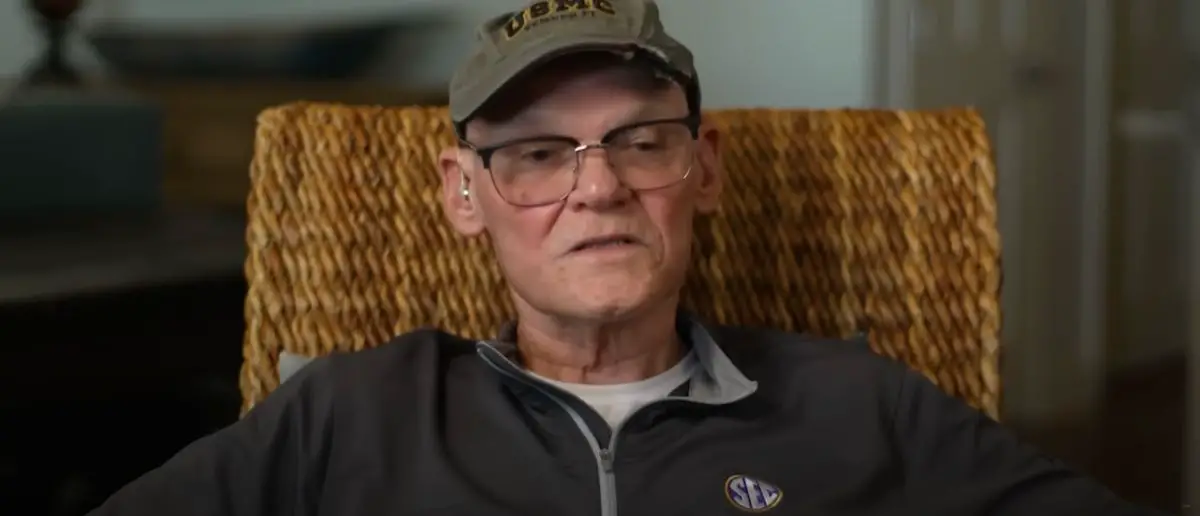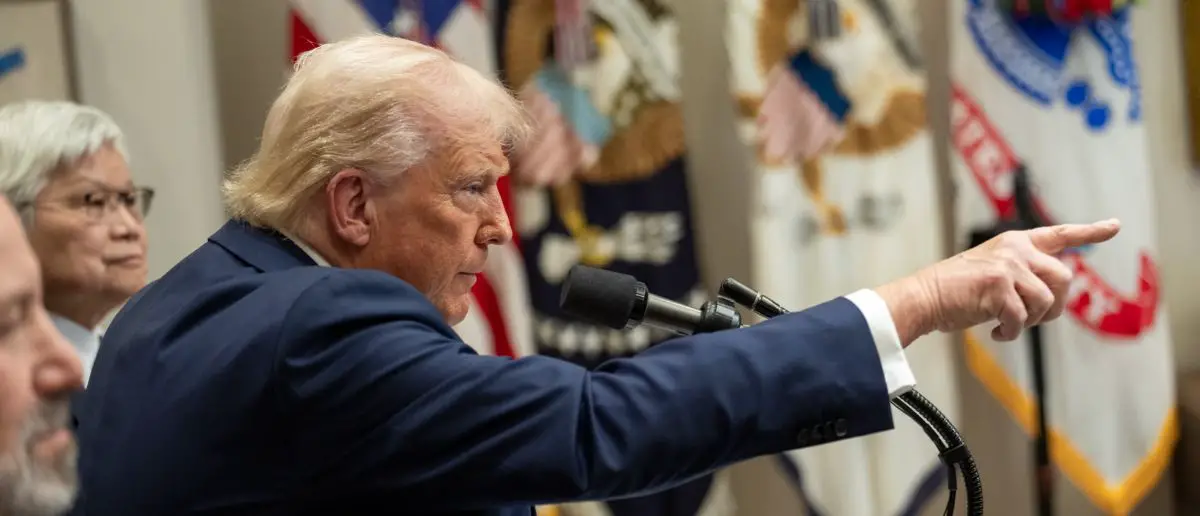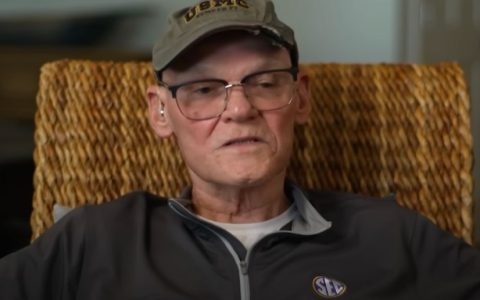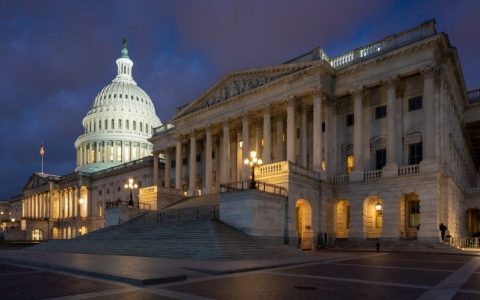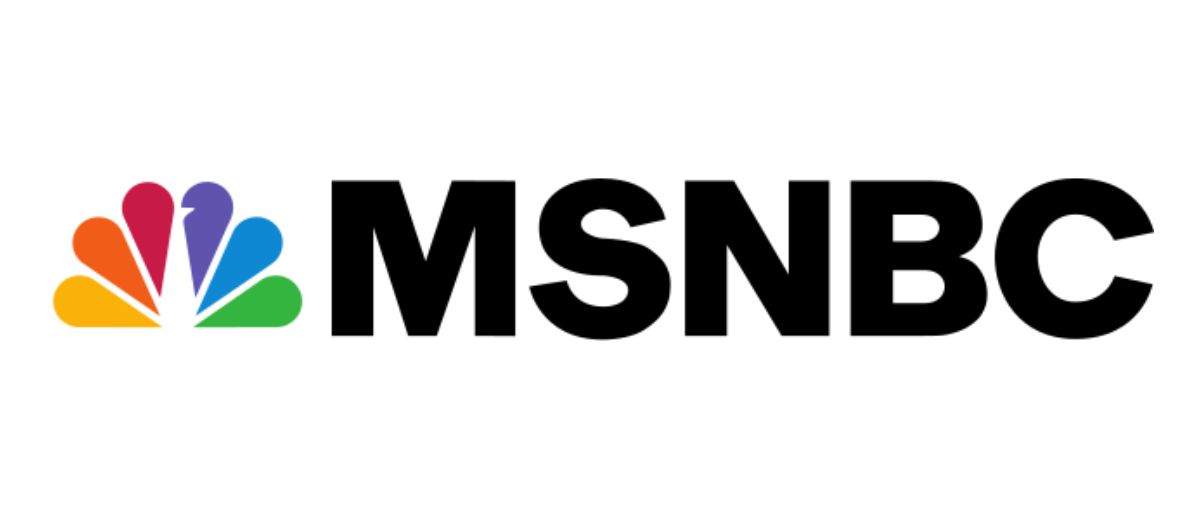
America should be mourning. But some people have hearts of stone.
And MSNBC was utterly thrashed after justifying Charlie Kirk’s death.
MSNBC’s Disgraceful Response to Charlie Kirk’s Assassination
Conservative activist and Turning Point USA co-founder Charlie Kirk, aged 31, was fatally shot during a speaking event at Utah Valley University in Orem, Utah, in what authorities described as a targeted “political assassination.”
As the nation reeled from the tragedy, MSNBC’s coverage sparked outrage, particularly due to comments by political analyst Matthew Dowd and anchor Katy Tur, which many condemned as callous and victim-blaming. Dowd, during a segment on Katy Tur Reports, suggested Kirk’s rhetoric contributed to his own death, stating, “He’s been one of the most divisive, especially divisive younger figures in this, who is constantly sort of pushing this sort of hate speech or sort of aimed at certain groups. And I always go back to, hateful thoughts lead to hateful words, which then lead to hateful actions.”
He further speculated, without evidence, that the shooter might have been a Kirk supporter “shooting their gun off in celebration.” Tur exacerbated the controversy by labeling Kirk a “divisive figure, polarizing, lightning rod” minutes after the shooting was reported, before his death was confirmed, and mused about potential right-wing retaliation or President Trump exploiting the tragedy for unconstitutional ends.
The backlash was swift and fierce, with critics across social media and conservative outlets slamming MSNBC for politicizing a tragedy and smearing a m*rder victim. The network’s belated response—a statement from President Rebecca Kutler posted on the MSNBC Public Relations X account with just 20,000 followers, rather than its main account with over five million—called Dowd’s comments “inappropriate, insensitive and unacceptable” and noted his apology.
Late on September 10, Variety reported Dowd’s firing, citing a network source, but many argued this was insufficient, pointing to Tur’s equally inflammatory remarks and MSNBC’s broader pattern of biased coverage.
The incident has fueled calls for accountability, with critics arguing that MSNBC’s actions reflect a deep-seated hostility toward conservative figures and a willingness to exploit a tragedy for political gain.
Public Outrage and MSNBC’s Weak Response
The public reaction to MSNBC’s coverage was immediate and intense. Commentators like Stephen L. Miller, Jim Geraghty, and Patricia Heaton demanded Dowd’s termination, with Heaton going further, stating, “Fire Matthew Dowd and close up shop. Otherwise shut it.” Others, including Hans Mahncke, criticized the network for issuing the apology on a low-visibility account, suggesting it was a deliberate attempt to minimize exposure: “You don’t hate the media enough.”
Mollie Hemingway called MSNBC a “left-wing hate network” for failing to address Tur’s remarks or take meaningful action beyond a “quiet tweet.” Chuck Ross argued that a reputable news outlet would fire both Dowd and Tur for their “callous remarks” and baseless speculations, particularly Dowd’s claim about a celebratory shooting.
The controversy highlighted MSNBC’s perceived double standards, as critics noted that Tur, who continued to anchor despite her divisive comments, faced no apparent consequences.
Tur’s speculation about Trump potentially using the shooting to justify unconstitutional actions was seen as particularly egregious, given the lack of evidence and the timing, with Kirk’s condition still unknown. The network’s failure to address Tur’s role in the coverage further eroded its credibility, with many accusing MSNBC of prioritizing ideological narratives over journalistic integrity.
Matthew Dowd on MSNBC suggests it's CHARLIE KIRK'S FAULT HE WAS SHOT:
“[He is] constantly sort of pushing this sort of hate speech, aimed at certain groups. And I always go back to, hateful thoughts lead to hateful words, which often then to hateful actions.” pic.twitter.com/Bbl2aicMGn
— Bill D'Agostino (@Banned_Bill) September 10, 2025
Context of Kirk’s Assassination and Broader Implications
Charlie Kirk, a prominent conservative voice and Trump ally, was shot in the neck during a Q&A session, collapsing in a pool of blood as attendees fled in panic. The FBI and Utah authorities, as of September 11, have released images of a “person of interest” described as college-aged, who fled into a nearby neighborhood after firing from a rooftop.
No motive has been confirmed, though Utah Governor Spencer Cox labeled it a “political assassination,” and two individuals briefly detained were cleared of involvement. President Trump announced Kirk would posthumously receive the Presidential Medal of Freedom, calling him a “giant” and “champion” of liberty.
The shooting, following other high-profile acts of political violence, including attempted assassinations of Trump and attacks on Democratic figures, highlights a growing crisis of political violence in the U.S.
MSNBC’s coverage, particularly Dowd’s and Tur’s remarks, has been widely criticized as emblematic of a broader media bias that vilifies conservatives even in death. Critics argue the network’s quick pivot to framing Kirk as divisive, rather than condemning the violence unequivocally, reveals a lack of humanity and fuels polarization.
Dowd’s apology on Bluesky, where he claimed he did not intend to blame Kirk, did little to quell the outrage, with many viewing it as inadequate given the gravity of his on-air statements. The incident has reignited debates about media accountability, with calls for MSNBC to overhaul its approach or face further loss of public trust.

